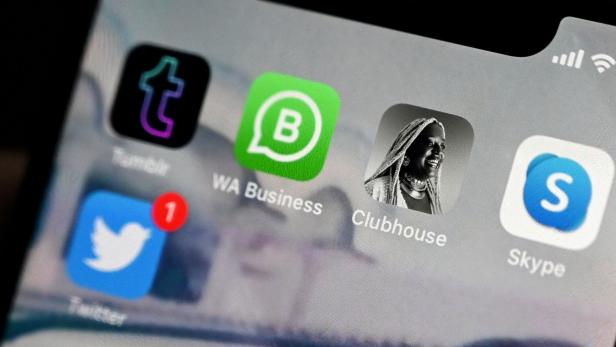Clubhouse. Das war diese App, die vor einem halben oder ganzen Jahr so unglaublich gehyped worden ist. Man kam nicht rein, das war Invite Only. Man kam nicht von alleine rein, cool waren nur die, die drin waren. Alle in meiner Bubble hatten FOMO, Fear Of Missing Out.
Diesen menschlichen Effekt haben vor 15 Jahren schon Facebook und Google mit seinem Mail Produkt sehr erfolgreich bedient. Das Ergebnis war, dass JEDER unbedingt eine Einladung wollte. Und mit Erhalt der gleichen wirklich äußerst bereitwillig Ihre Adressbücher freigegeben haben.
Für die Experience.
Zwischenzeitlich kann man verbale Ansprachen auch auf Twitter halten und kein Hahn kräht mehr nach Clubhouse.
Trotzdem sind der App jetzt 3,8 Milliarden Telefonnummern weggekommen. Und so wies aussieht seid Ihr auch dabei, wenn Ihr jemanden kennt, der das damals toll fand.
via futurezone.at


